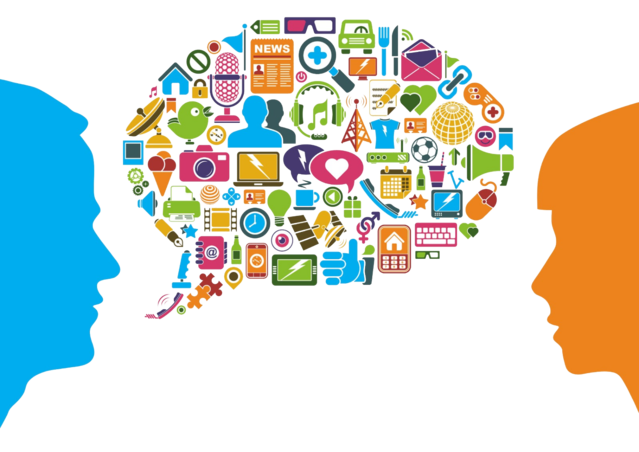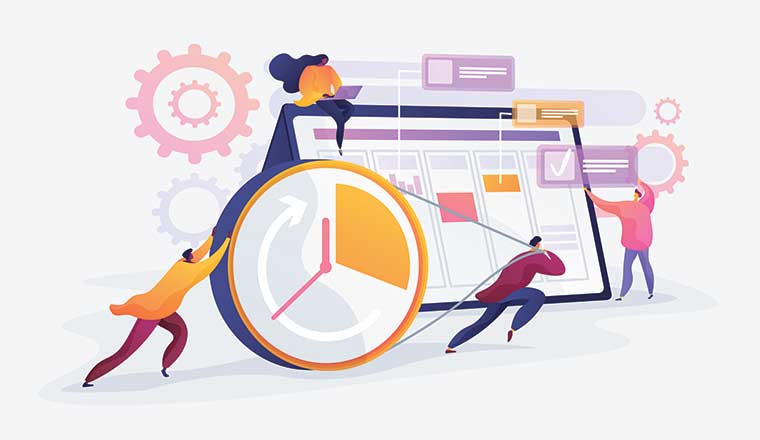Eight Employability Skills
1. Communication
- listen & understand
- speak clearly & directly
- write to the needs of the audience
- use numeracy effectively
- establish & use networks
- persuade effectively
- negotiate positively
- empathize
- be assertive
- Share information
- read independently
2. Teamwork
- contribute to productive working relationships and outcomes
- work with people of different ages, gender, race, religion or political persuasion
- know how to define a role in the team
- apply teamwork skills to a range of situations
- identify the strengths of team members
- coach, mentor and give feedback
3. Problem-solving
- apply problem-solving strategies across a range of areas
- develop creative, innovative solutions
- develop practical solutions
- show independence and initiative in identifying problems and solving them
- solve problems in teams
- apply a range of strategies to problem-solving
- use mathematics including budgeting and financial management to solve problems
- test assumptions relevant to the specific situation
- resolve customer concerns in relation to complex project issues
4. Self-management
- have a personal vision and goals
- evaluate and monitor your own performance
- have knowledge and confidence in your own ideas and vision
- take responsibility
5. Planning and organizing
- understand short-term and long-term planning
- manage time and priorities – set timelines, coordinate tasks for yourself and with others
- take initiative and make decisions
- adapt resources to cope with contingencies
- establish clear project goals and deliverables
- allocate people and other resources to tasks
- plan the use of resources including time management
- participate in continuous improvement and planning processes
- develop a vision and a proactive plan to accompany it
- predict –weigh up risk, evaluate alternatives and apply evaluation criteria
- collect, analyze and organize information
- understand basic business systems and their relationships
6. Technology
- have a range of basic IT skills
- apply IT as a management tool
- use IT to organize data
- be willing to learn new IT skills
- be aware of the impact of technology on your field and ensure your skills are up to date
7. Learning
- have enthusiasm for ongoing learning
- manage your own learning
- be open to new ideas and techniques
- be prepared to invest time and effort in learning new skills
- acknowledge the need to learn in order to accommodate change
- be willing to learn in any setting – on and off the job
- contribute to the learning community at the workplace
- use a range of mediums to learn – mentoring, peer support, networking, information technology, courses
- applying learning to technical issues and people issues
8. Initiative and enterprise
- translate new ideas into action
- identify opportunities not obvious to others
- adapt to new situations
- develop a strategic, creative, long-term vision
- be creative
- generate a range of options
- initiate innovative solutions







